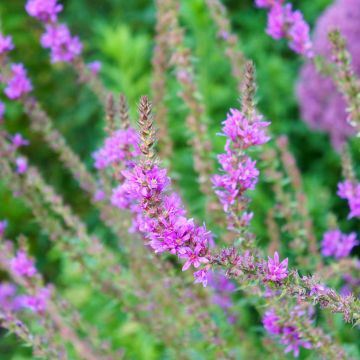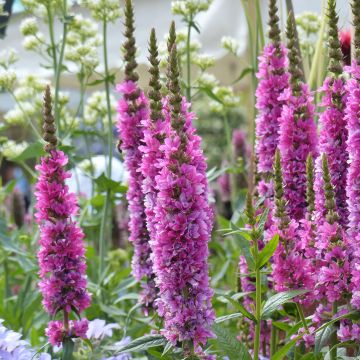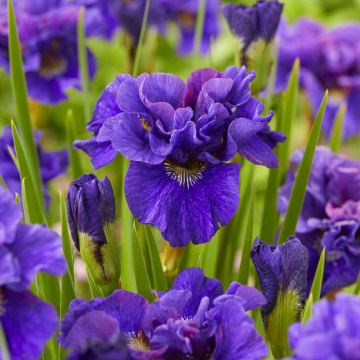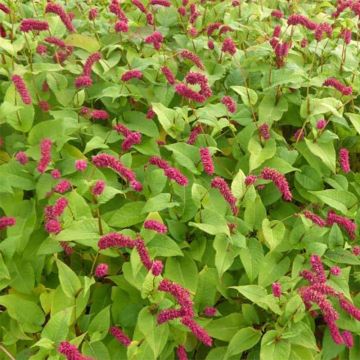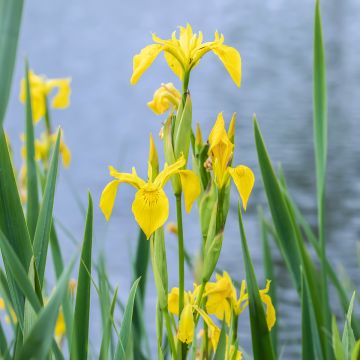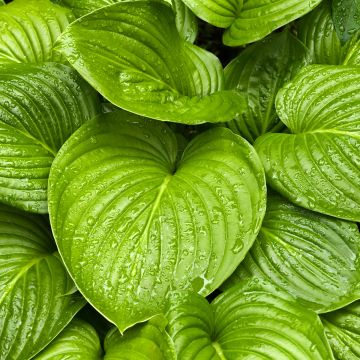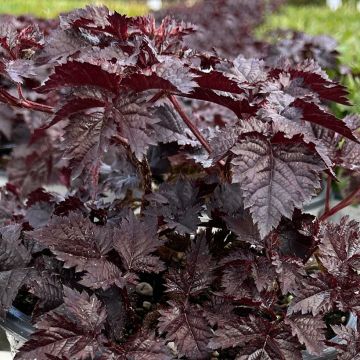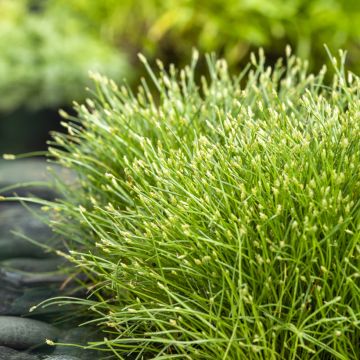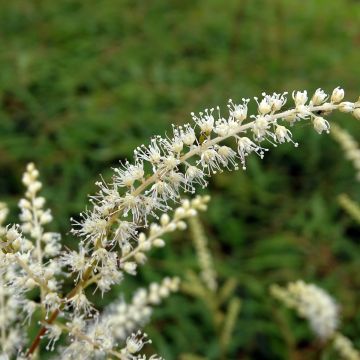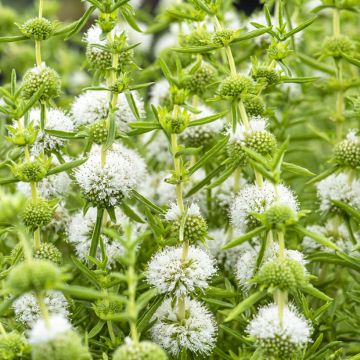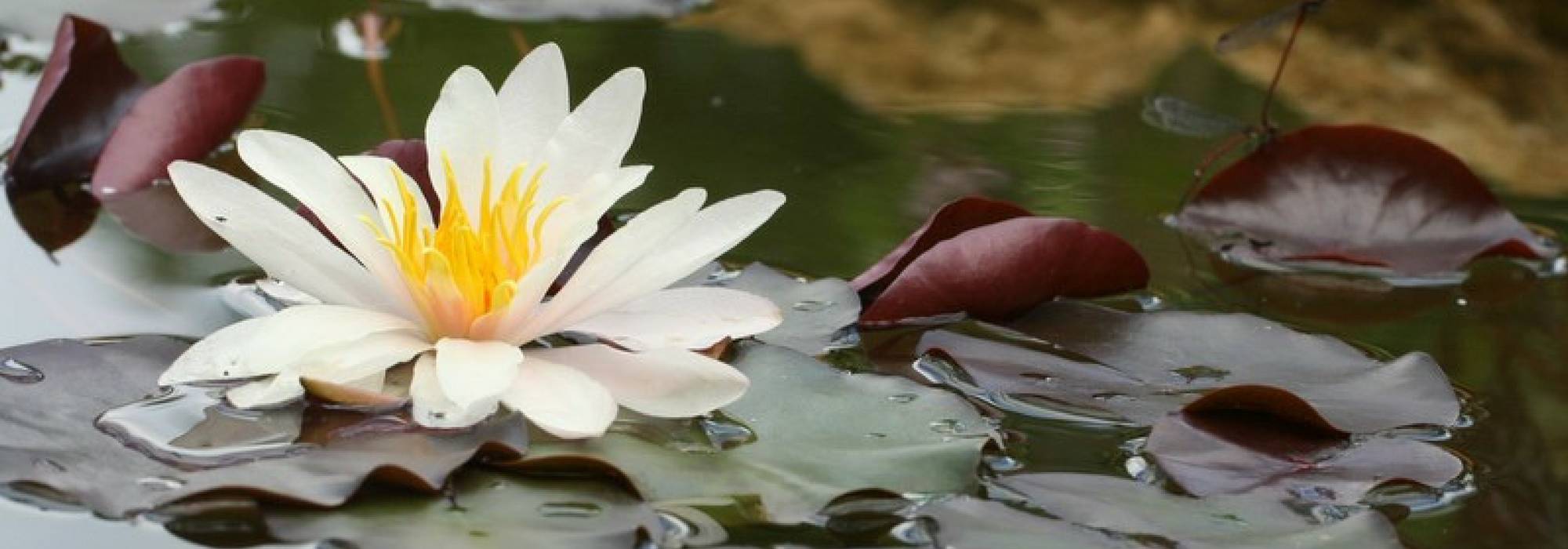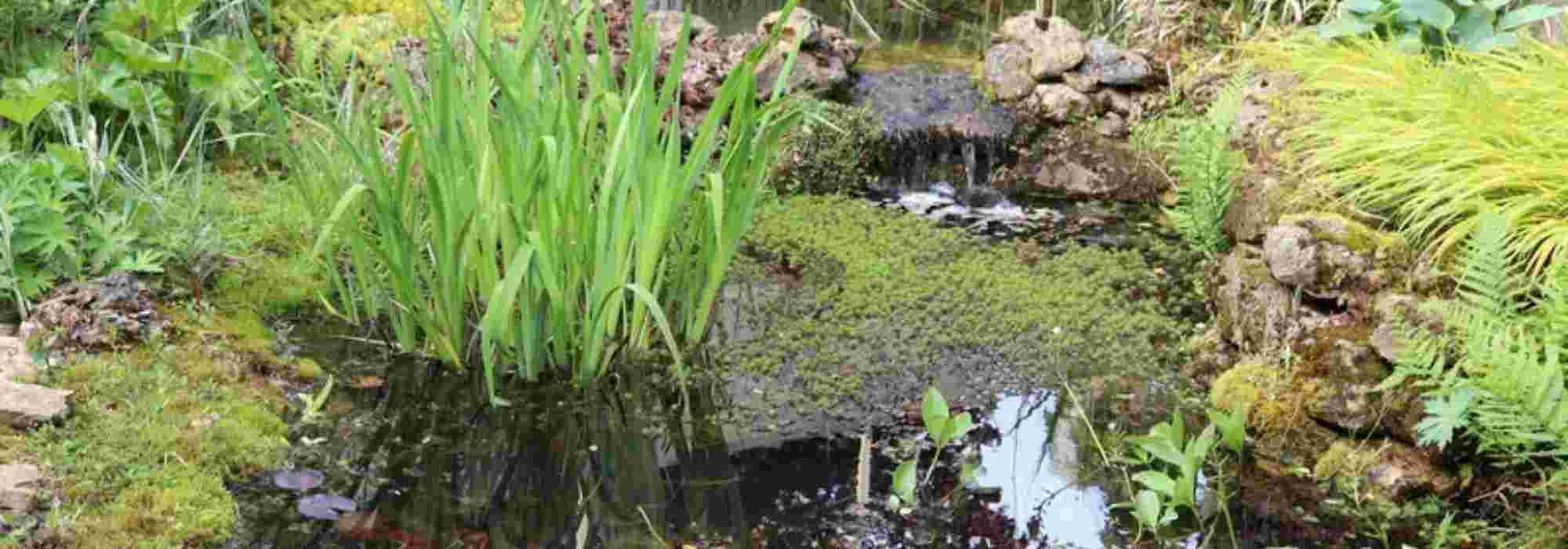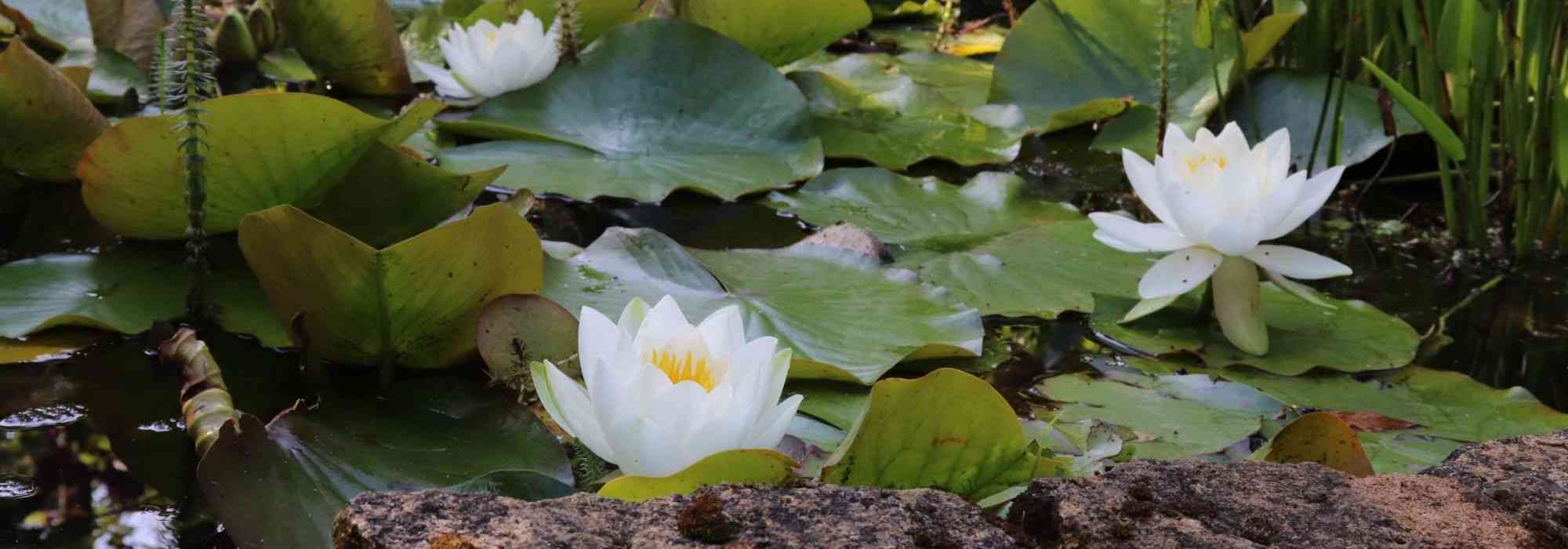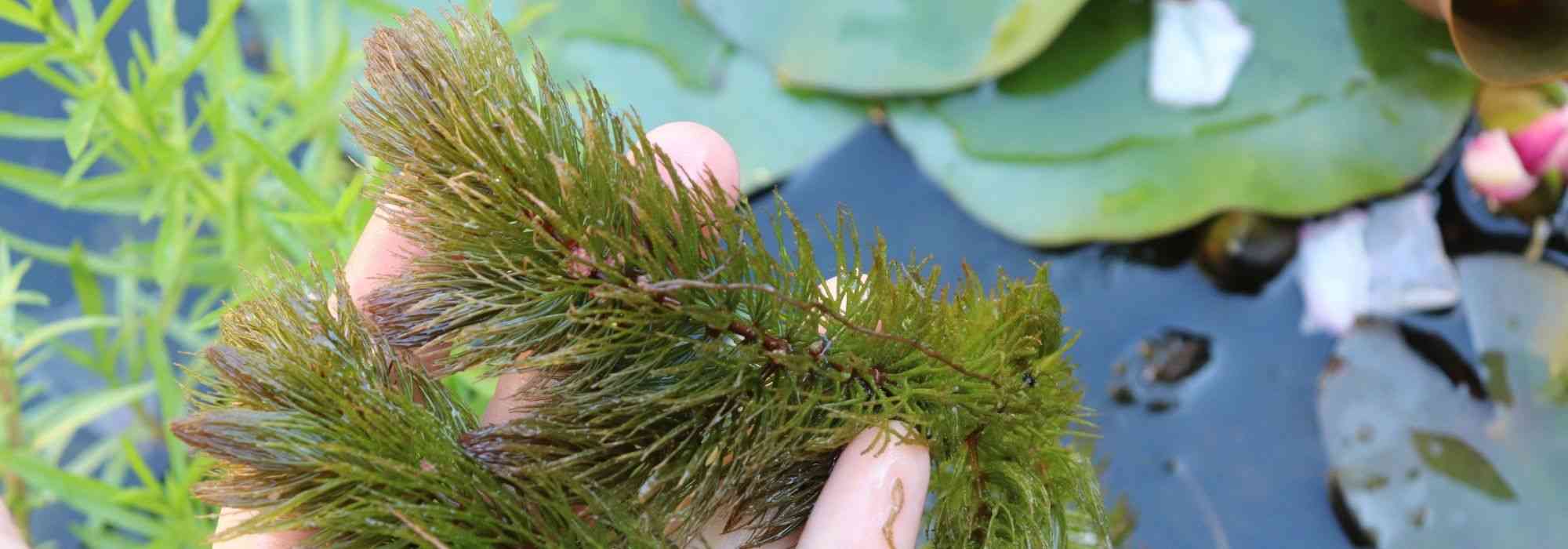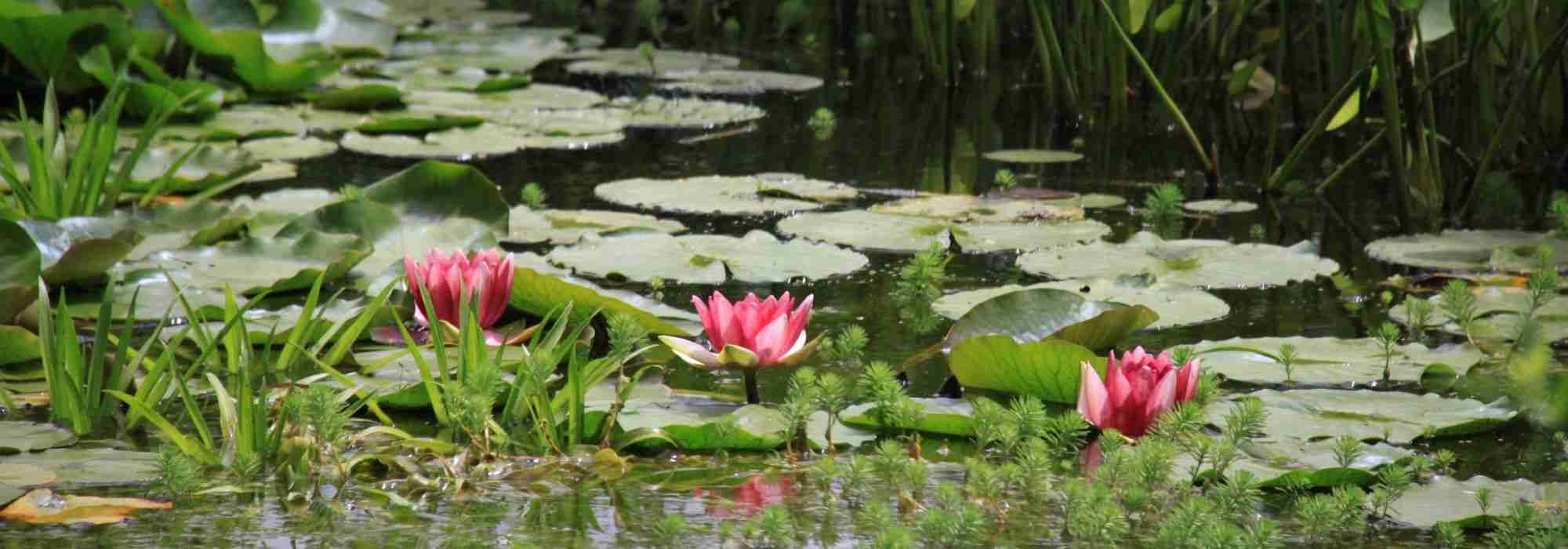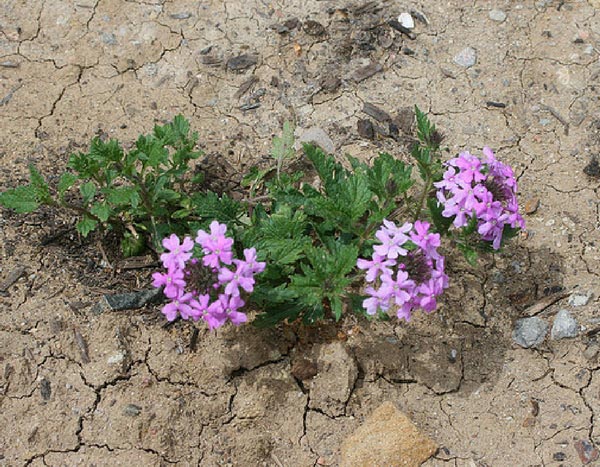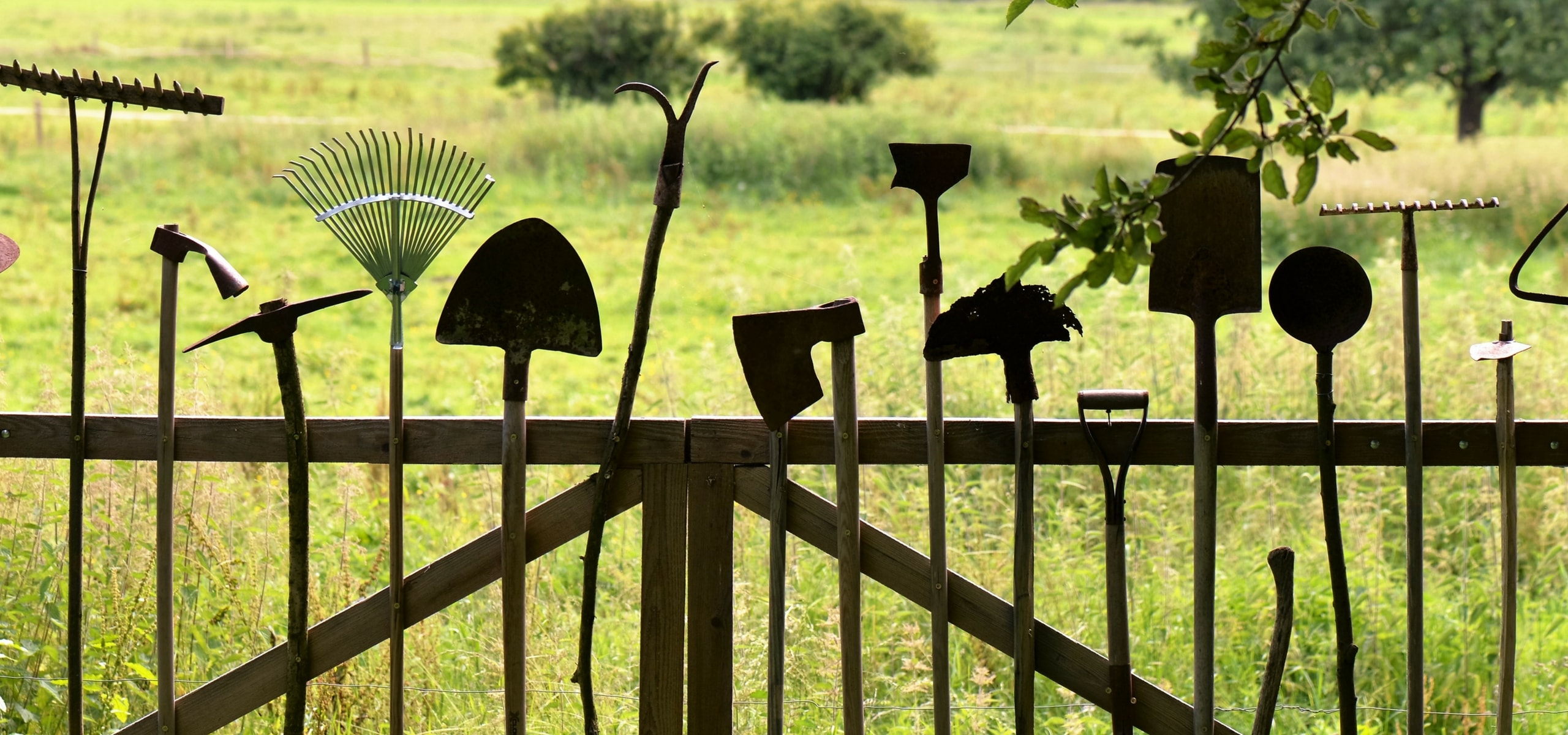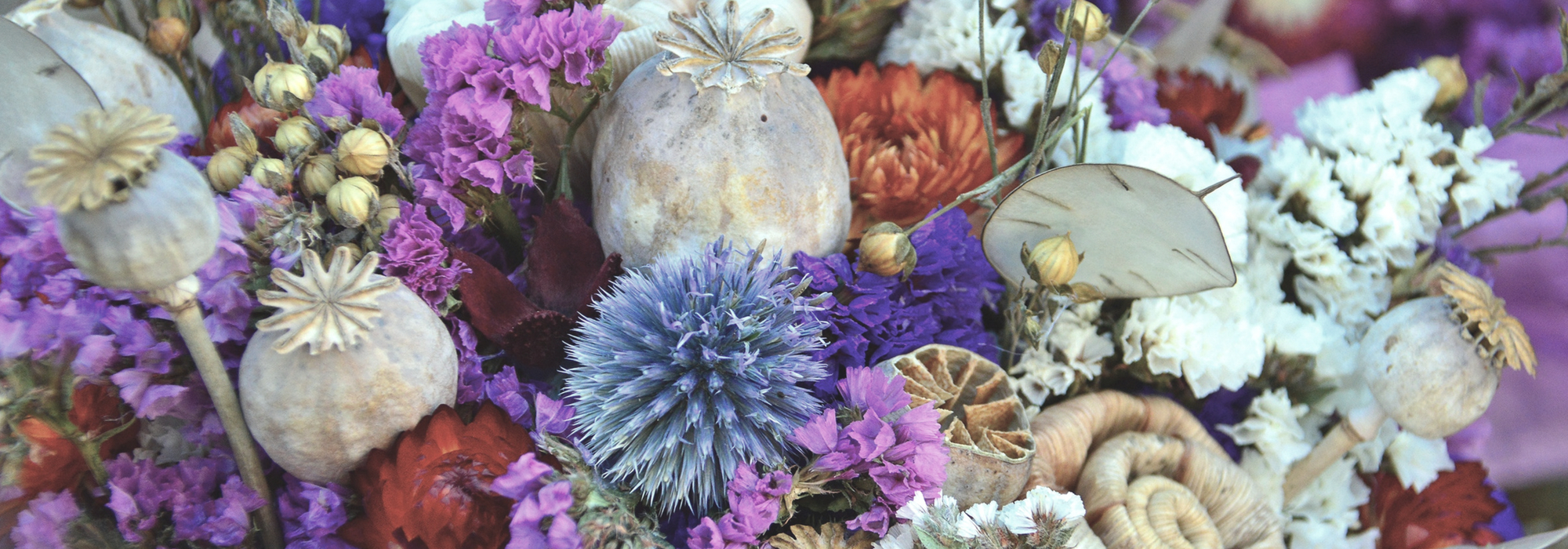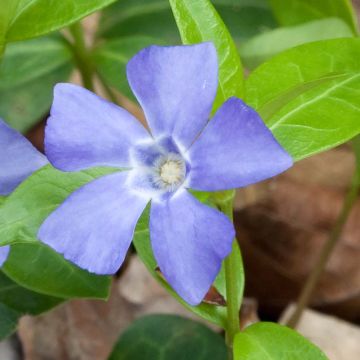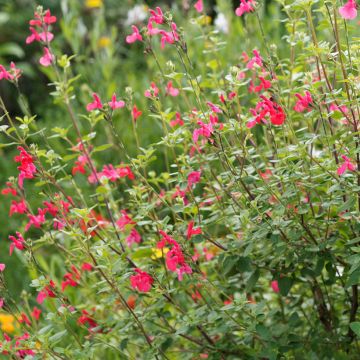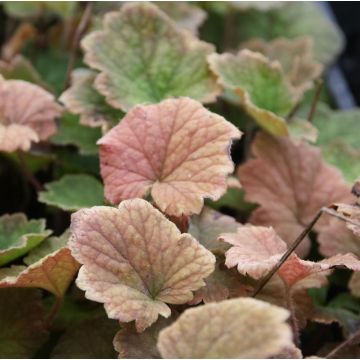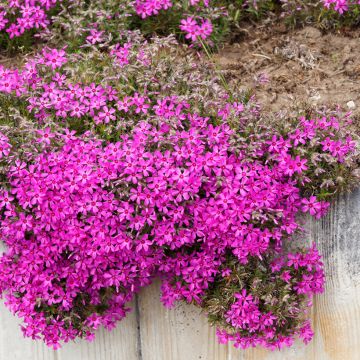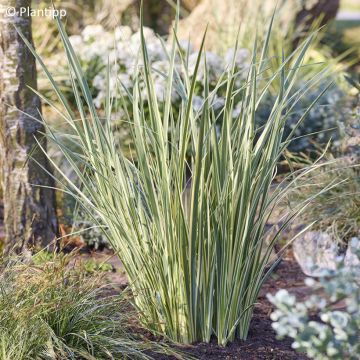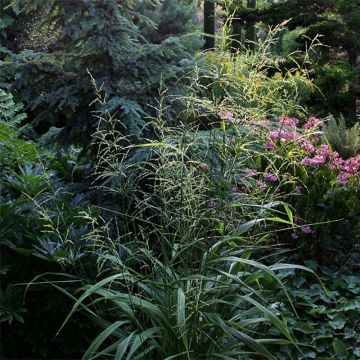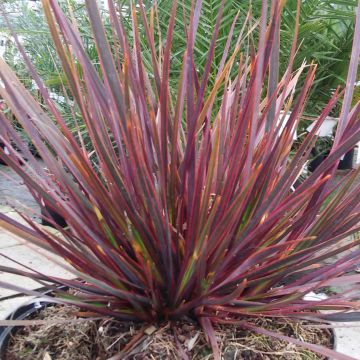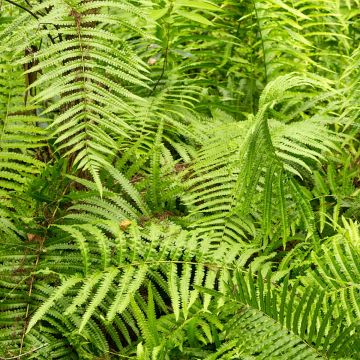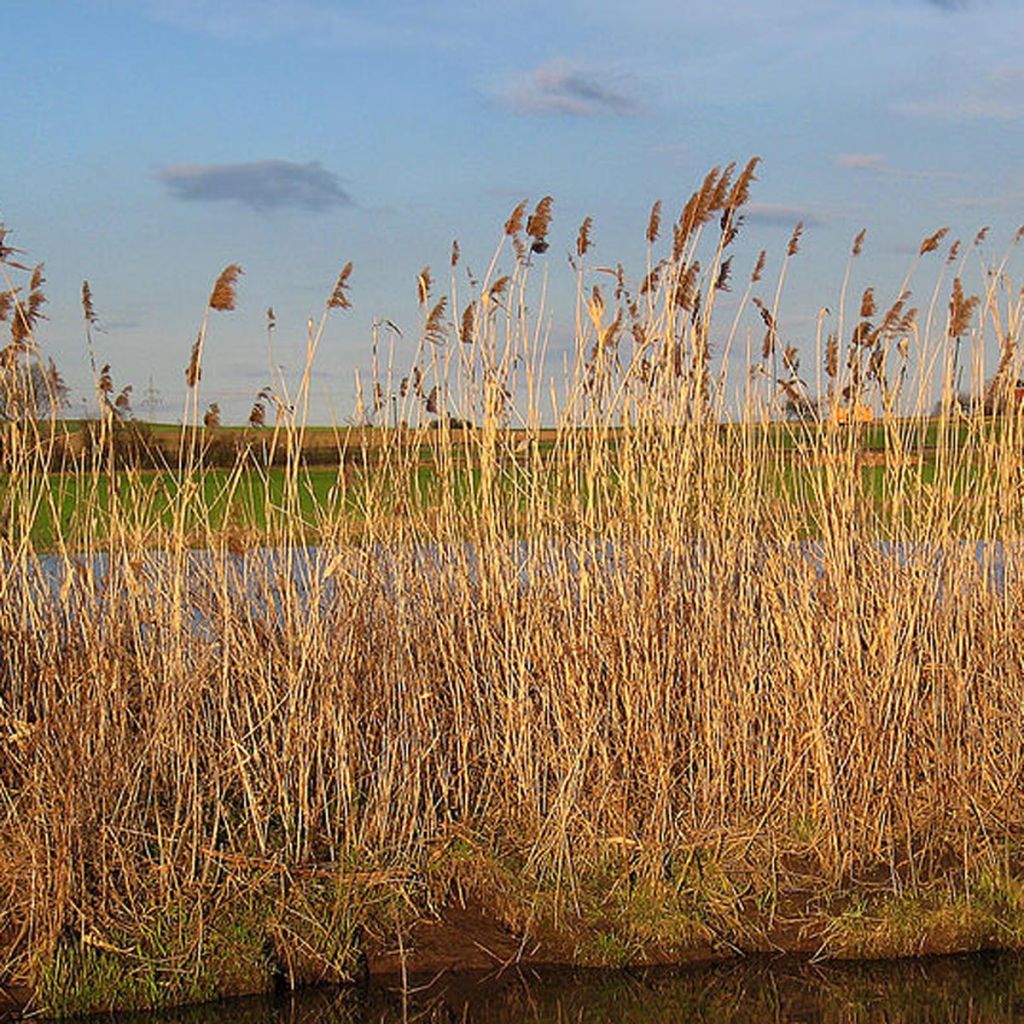

Phragmites australis
Phragmites australis
Phragmites australis
Common Reed, Carrizo, European Common Reed, Giant Reed, Australian Reed, Norfolk Reed
Perfect packaging and moisture. The rooting appears well-established. Planted on the same day. Awaiting confirmation of successful establishment.
Milord, 18/11/2025
Special offer!
Receive a €20 voucher for any order over €90 (excluding delivery costs, credit notes, and plastic-free options)!
1- Add your favorite plants to your cart.
2- Once you have reached €90, confirm your order (you can even choose the delivery date!).
3- As soon as your order is shipped, you will receive an email containing your voucher code, valid for 3 months (90 days).
Your voucher is unique and can only be used once, for any order with a minimum value of €20, excluding delivery costs.
Can be combined with other current offers, non-divisible and non-refundable.
Home or relay delivery (depending on size and destination)
Schedule delivery date,
and select date in basket
This plant carries a 12 months recovery warranty
More information
We guarantee the quality of our plants for a full growing cycle, and will replace at our expense any plant that fails to recover under normal climatic and planting conditions.

Does this plant fit my garden?
Set up your Plantfit profile →
Description
Phragmites australis, also known as common reed, is a semi-aquatic perennial plant found in wet environments. This tall grass has long ribbon-like leaves and blooms in large feathery spikes in summer and autumn. Ideal for heavy, moist, marshy soil, its elegance makes it an essential plant along water bodies where it adds verticality to aquatic scenes. It is also an excellent plant for dried bouquets.
Phragmites australis belongs to the Poaceae family. It is a cosmopolitan plant, meaning it is found in almost all regions of the world. It is one of the most widely distributed flowering plants on the planet, occurring on every continent except Antarctica. This rhizomatous and stoloniferous grass has a bushy upright habit that can easily reach 3m (10ft) in height, with a minimum spread of 1m (3ft), reaching maturity in 5 to 8 years. The slender and smooth stems are neither lignified nor branched, but have nodes. Its growth needs to be controlled as it can become invasive. The common reed has glaucous green, deciduous leaves measuring 20 to 50cm (8 to 20in) long by 2-3cm (1in) wide, slightly serrated along their edges. From July to September, long slender stems adorned with a silky, silvery plumes emerge, slightly inflexed. The inflorescence, initially purple and 20 to 50cm (8 to 20in) long, matures towards the end of summer and takes on a straw yellow colour before turning silver when withering. The common reed spreads through stolons and rhizomes to create reed beds.
Plant Phragmites in heavy, marshy, poorly oxygenated soil in autumn or spring. It tolerates acidic, neutral, or alkaline soils, and even salty soils. These plants require no specific maintenance, but the dry stems can be pruned in February. Phragmites australis thrives in nature along water courses, in marshes, and in ditches along roads. Reeds are grasses with particularly spreading rhizomes, making them very useful for stabilizing riverbanks in wetland areas such as basins. They provide remarkable natural shelter for small mammals and songbirds. These plants are also widely used in constructed wetlands for water purification, where they play a crucial role in removing heavy metals.
These plants were used for roofing and animal bedding. The roots were once consumed raw or cooked.
Report an error about the product description
Phragmites australis in pictures
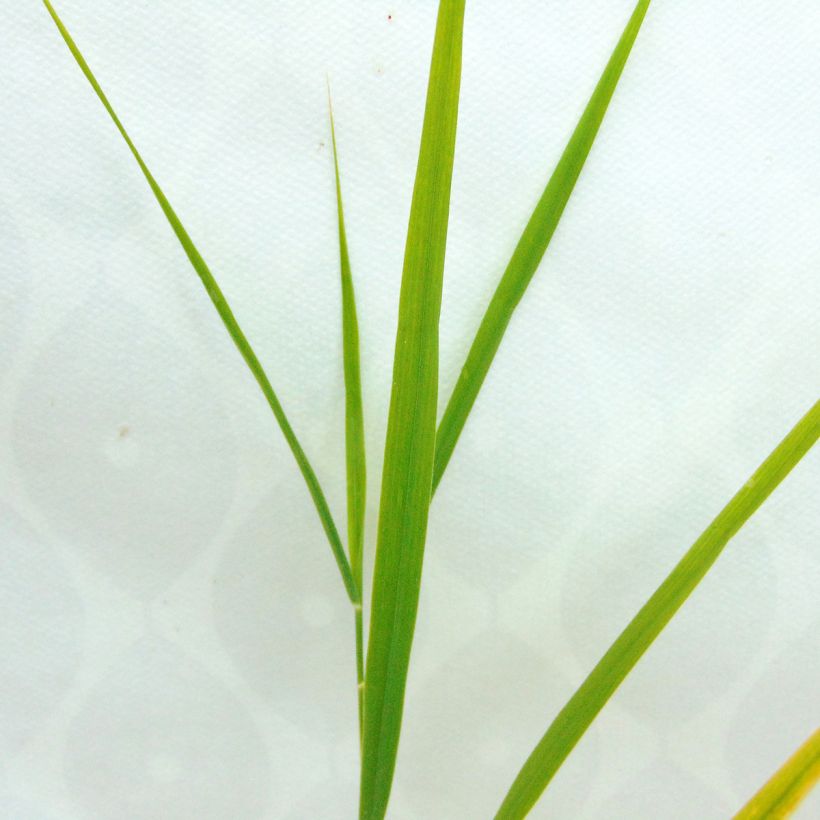

Flowering
Foliage
Plant habit
Botanical data
Phragmites
australis
Poaceae
Common Reed, Carrizo, European Common Reed, Giant Reed, Australian Reed, Norfolk Reed
Cultivar or hybrid
Other Peripheral perennial aquatic plants
View all →Planting and care
Plant the common reed in heavy, marshy, poorly oxygenated soil in autumn or spring. It tolerates acidic, neutral or alkaline soils, and even salty ones. These plants grow on flooded banks, and up to 10 cm (4in) below the water surface. Plant Phragmites in large containers to control their growth. They prefer a sunny location but can tolerate partial shade. These plants require no special maintenance, the dry stems can be pruned in February.
Planting period
Intended location
Care
Planting & care advice
-
, onOrder confirmed
Reply from on Promesse de fleurs
Similar products
Haven't found what you were looking for?
Hardiness is the lowest winter temperature a plant can endure without suffering serious damage or even dying. However, hardiness is affected by location (a sheltered area, such as a patio), protection (winter cover) and soil type (hardiness is improved by well-drained soil).

Photo Sharing Terms & Conditions
In order to encourage gardeners to interact and share their experiences, Promesse de fleurs offers various media enabling content to be uploaded onto its Site - in particular via the ‘Photo sharing’ module.
The User agrees to refrain from:
- Posting any content that is illegal, prejudicial, insulting, racist, inciteful to hatred, revisionist, contrary to public decency, that infringes on privacy or on the privacy rights of third parties, in particular the publicity rights of persons and goods, intellectual property rights, or the right to privacy.
- Submitting content on behalf of a third party;
- Impersonate the identity of a third party and/or publish any personal information about a third party;
In general, the User undertakes to refrain from any unethical behaviour.
All Content (in particular text, comments, files, images, photos, videos, creative works, etc.), which may be subject to property or intellectual property rights, image or other private rights, shall remain the property of the User, subject to the limited rights granted by the terms of the licence granted by Promesse de fleurs as stated below. Users are at liberty to publish or not to publish such Content on the Site, notably via the ‘Photo Sharing’ facility, and accept that this Content shall be made public and freely accessible, notably on the Internet.
Users further acknowledge, undertake to have ,and guarantee that they hold all necessary rights and permissions to publish such material on the Site, in particular with regard to the legislation in force pertaining to any privacy, property, intellectual property, image, or contractual rights, or rights of any other nature. By publishing such Content on the Site, Users acknowledge accepting full liability as publishers of the Content within the meaning of the law, and grant Promesse de fleurs, free of charge, an inclusive, worldwide licence for the said Content for the entire duration of its publication, including all reproduction, representation, up/downloading, displaying, performing, transmission, and storage rights.
Users also grant permission for their name to be linked to the Content and accept that this link may not always be made available.
By engaging in posting material, Users consent to their Content becoming automatically accessible on the Internet, in particular on other sites and/or blogs and/or web pages of the Promesse de fleurs site, including in particular social pages and the Promesse de fleurs catalogue.
Users may secure the removal of entrusted content free of charge by issuing a simple request via our contact form.
The flowering period indicated on our website applies to countries and regions located in USDA zone 8 (France, the United Kingdom, Ireland, the Netherlands, etc.)
It will vary according to where you live:
- In zones 9 to 10 (Italy, Spain, Greece, etc.), flowering will occur about 2 to 4 weeks earlier.
- In zones 6 to 7 (Germany, Poland, Slovenia, and lower mountainous regions), flowering will be delayed by 2 to 3 weeks.
- In zone 5 (Central Europe, Scandinavia), blooming will be delayed by 3 to 5 weeks.
In temperate climates, pruning of spring-flowering shrubs (forsythia, spireas, etc.) should be done just after flowering.
Pruning of summer-flowering shrubs (Indian Lilac, Perovskia, etc.) can be done in winter or spring.
In cold regions as well as with frost-sensitive plants, avoid pruning too early when severe frosts may still occur.
The planting period indicated on our website applies to countries and regions located in USDA zone 8 (France, United Kingdom, Ireland, Netherlands).
It will vary according to where you live:
- In Mediterranean zones (Marseille, Madrid, Milan, etc.), autumn and winter are the best planting periods.
- In continental zones (Strasbourg, Munich, Vienna, etc.), delay planting by 2 to 3 weeks in spring and bring it forward by 2 to 4 weeks in autumn.
- In mountainous regions (the Alps, Pyrenees, Carpathians, etc.), it is best to plant in late spring (May-June) or late summer (August-September).
The harvesting period indicated on our website applies to countries and regions in USDA zone 8 (France, England, Ireland, the Netherlands).
In colder areas (Scandinavia, Poland, Austria...) fruit and vegetable harvests are likely to be delayed by 3-4 weeks.
In warmer areas (Italy, Spain, Greece, etc.), harvesting will probably take place earlier, depending on weather conditions.
The sowing periods indicated on our website apply to countries and regions within USDA Zone 8 (France, UK, Ireland, Netherlands).
In colder areas (Scandinavia, Poland, Austria...), delay any outdoor sowing by 3-4 weeks, or sow under glass.
In warmer climes (Italy, Spain, Greece, etc.), bring outdoor sowing forward by a few weeks.






























